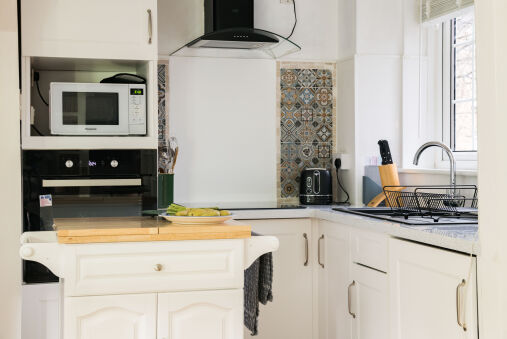Industry
Top thriving and declining UK business sectors unveiled by O2 Business
-
The O2 Business Essentials Report has today unveiled the ‘sharing economy’ as the most thriving business sector in the UK, based on a number of factors including the number of new firms set up in the last year, whilst British manufacturing dominates industries in decline
-
Report released to mark six month anniversary of Business Essentials, the first flexible tariff for small businesses designed to change with the ups and downs of doing business
The sharing and rental economy is the hottest business sector in the UK, according to a report released today by O2 Business and the Centre of Economic and Business Research (Cebr). The O2 Business Essentials report found that the UK’s “Leasing and Rental” sector is currently booming, driven in part by an increasing numbers of start-ups similar to popular US-based car sharing and peer-to-peer property rental firms.
The study reveals the top ten growth industries and the ten most at risk, with the evidence suggesting that businesses both in growth and decline need to stay flexible, in order to adapt to the ups and downs of the marketplace. Business Essentials directly addresses this issue, allowing businesses to take a flexible approach with their connectivity and technology needs during periods of high and low demand.
Overall, industry growth in the UK has been positive, with a 1.6% Compound Annual Growth Rate over the last five years, suggesting increased economic confidence bolstered by a 4.6% increase in British start-ups in 2015*. Leading the growth list are small businesses operating in the sharing and rental economy such as Under The Door Mat, a platform that allows homeowners to rent out their property, following in the footsteps of much larger, established US firms.
Another UK industry that is experiencing strong growth fuelled by entrepreneurial activity is the environmental sector, boosted by increasing green regulations. The UK technology industry is also growing, with a large number of firms starting-up in computer programming, scientific research and manufacture of computer and electronic products – generating a new growth area for the UK’s manufacturing industry. This high level of growth can be attributed to cities such as London becoming a global force in the digital sector, with the UK Digital City Index ranking London as the number one city in Europe to support digital start-ups.
The manufacture of drinks comes in at number nine on the growth list and is identified as being the most dynamic industry in the UK, with a high rate of start-ups indicating an increased rate of innovation, competition and entrepreneurial spirit. Newly formed small firms operating in the UK’s booming craft beer and health drink markets have been highlighted as key drivers of this in the report.

Yet despite the positive growth in some UK industries, the entertainment industry – which includes video, sound recording and music production – tops the list of being most at risk, impacted by increased competition from competing US brands. Manufacturers also feature prominently on the ‘at risk’ list, in particular businesses manufacturing basic metals such as copper and aluminium, as well as those manufacturing chemicals or chemical products. And with the exception of the motor vehicle and motorcycle industry, the retail trade sector is facing challenges due to increased e-commerce competition, especially specialised small retailers selling books, games or music.
The UK’s top ten business sectors in decline:

Ben Dowd, O2 Business Director said: “It’s encouraging to see the variety of growth industries in the UK, suggesting renewed economic confidence and a vibrant start-up scene. However, as the report shows, increased innovation and competition can result in some sectors struggling to cope with the pace of change. Business Essentials helps business owners respond to these kinds of marketplace challenges, by giving them greater flexibility over their costs and technology needs during periods of both growth and decline. Too often, big businesses assume that all smaller businesses are the same – and offer one-size-fits-all solutions. At O2 we recognise this isn’t the case, which is why we’re putting our customers in control.”
Business Essentials is the first flexible business tariff on the market; whether it’s the need for the latest device, a tailored data plan or new business apps, the scalable tariff makes it even easier for business owners to put digital technology at the heart of what they do.
It offers unlimited calls and texts on most tariffs – business owners simply decide how much data they need for each employee from one month to the next. They can then choose to pay for their devices upfront to reduce monthly spend, or spread the cost with a 0% APR Representative loan over 24 months.
Customers will benefit from clear pricing, up to ten of the latest devices on a single contract and a simple 24-month price plan, with the option to change devices***, digital apps and airtime at any time.









 london
london














